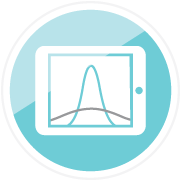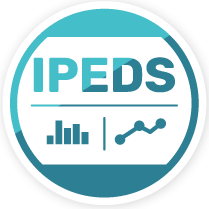About eAIR
eAIR is the newsletter of the Association for Institutional Research (AIR). From its start in October 1987 to today, eAIR remains one of the most important tools for providing news to the higher education community.
View Articles By Column
- Special Feature (3)
- Featured (101)
- National Survey Data Bite (51)
- Tech Tips (42)
- Board Corner (44)
- Special Feature / Interview (25)
- Interview (5)
- Ask eAIR (20)
- IPEDS/NCES (9)
- IR In The Know (42)
- Visual Displays of Data (23)
Hot Topics
- COVID (1)
- Ethics Spotlight (3)
Subscribe
Create a free account or update your communication preferences to receive the eAIR newsletter.
Thank You
2021 Editorial Committee
Association at a Glance
Featured Opportunities
Upcoming Events
Did you know?
AIR welcomes brief conference/event announcements of interest to the IR and higher education communities.
Learn More

Recent Discussions
Listings Closing Soon
| Job Title | Institution | Location | Salary Range | Application Due Date | Control Column |
|---|---|---|---|---|---|
| Title V Data Research Analyst | Mount Saint Mary's University, Los Angeles | CA | Dependent on qualifications and experience | 2024-06-30 | |
| Director, Academic Effectiveness | University of San Diego | CA | $8583 - $11666 | 2024-06-07 | |
| Data Visualization Specialist | Bellevue College | WA | $73539 - $106632 | 2024-06-02 |




